Benefits of Modular Construction in Healthcare

The healthcare construction industry has always been cautious about accepting prefabricated and modular designs due to the complexities of the construction process. Challenges such as accommodating specific facility rooms such as those used to house x-ray equipment, satisfying seismic requirements, and keeping up with changing codes and standards have all contributed to this reluctance.
However, issues such as the pandemic-induced supply backlog and increased awareness of the benefits of modular and prefabricated construction technologies have prompted the industry to reconsider its strategy. Prefabrication provides healthcare construction managers with numerous advantages, including improved construction quality and safety, shorter project deadlines with more predictable milestones, and reduced reliance on pricey and specialized contractors.
With proper management, this method can eventually result in more cost-efficient project delivery. However, let us look deeper into how prefabrication and modular building methods are gaining favor in the healthcare field.
The Benefits of Prefabrication And Modular Construction for Healthcare
Prefabrication and modular construction are beneficial for healthcare facilities, especially in areas such as patient bathrooms, exam rooms, and overhead utilities, as they can be built off-site and installed on-site.
Let's look at the important benefits of introducing prefabrication and modular solutions into healthcare facility construction.
Improved Quality And Safety of Prefabricated Facilities
Quality and safety are the most important considerations for any healthcare facility, thus construction managers prioritize them.
One of the notable benefits of prefabrication and modular construction for healthcare is the improved quality and safety of prefabricated structureimi facilities. Modular buildings frequently surpass site-built structures in terms of structural integrity since each module is constructed separately to withstand transportation and installation obstacles. Furthermore, the off-site building provides regulated processes, as manufacturing plants follow tight QA/QC programs with independent inspection and testing protocols, resulting in improved construction quality at all stages.
Concurrently, while modules are constructed in the plant, on-site work can begin, considerably shortening the overall building period. Modular buildings are typically finished 30% to 50% faster than traditional constructions.
Enhanced Quality
Modular construction can greatly improve project quality because the majority of components are manufactured off-site using a standardized industrial production process. This approach is similar to that used to create many other highly engineered products. As a result, building parts and entire projects can be subjected to industrial concepts such as lean manufacturing. Pressmach manufacture prioritizes quality assurance at the plant, ensuring that the majority of quality concerns are recognized and resolved at the facility rather than on-site. This is in contrast to traditional construction when the degree of craftsmanship might vary greatly from room to room within a given structure.
Maintaining Lead Time in Healthcare Construction
Despite starting with a precise design plan, modular construction surpasses traditional construction methods in terms of speed. Prefabricated buildings are particularly appealing due to their quick construction time. While the foundation is being set up on-site, building components are being constructed off-site to avoid delays caused by changing weather conditions. This keeps the project ahead of schedule. Prefabrication can complete a project in 90 to 120 days, but traditional construction might take up to a year.
Reliable And Repeatable Construction Processes
Prefabrication is extremely reliable due to its streamlined processes and off-site construction approach. This provides significant peace of mind for healthcare workers, ensuring that initiatives are finished on time and under budget. Building components are created under regulated conditions, and quality is checked before distribution.
Once a prefabricated healthcare structure is built, the design can be easily copied for similar institutions, resulting in faster project completion. Furthermore, standardized appearance and design increase consumer familiarity, which contributes to brand growth.
Cost-Efficient Construction Method
Significant benefits of prefabrication and modular construction for healthcare lies in its cost-effectiveness, streamlining processes and reducing labor requirements in facility development. Modular construction is generally accepted for its cost-effectiveness, making it an appealing option, particularly during times of financial stress such as the current crisis. Streamlined prefabrication methods help to prevent cost overruns. Furthermore, building and installation are heavily mechanized, which reduces the possibility of human error. Overall costs are reduced by using less manual labor and shortening building periods.
Additional Advantages of Modular Construction in Healthcare
In addition to quality control and speedier completion timeframes, modular construction has various other benefits. In the opinion of the Modular Building Institute, "removing approximately 80% of the building construction activity from the site location significantly reduces site difficulties, vehicular traffic, and improves overall safety and security." This is especially useful for highly dynamic, lived in businesses, such as healthcare facilities, which require less on-site activity for safety purposes. Off-site construction eliminates a large number of ongoing construction risks.
Furthermore, by providing safer building settings, projects that use prefabricated and modular design methodologies have the potential to enhance Hospital Consumer Assessment of Healthcare Providers and Systems (HCAHPS) scores. Higher ratings can result in larger reimbursements for the hospital.
Enhanced Productivity And Speed
Prefabrication and modular construction for healthcare have the benefit of shortening project timelines, resulting in faster facility completion and rapid delivery of critical medical services. Custom-fit modular building allows for speedier completion times than standard construction methods. Components or complete rooms are built off-site in a controlled environment, reducing the impact of weather and other environmental delays. This modular strategy allows companies to develop projects more quickly without having to engage a large number of additional personnel, which is especially useful given the ongoing construction labor shortages.
Also, modular construction minimizes delays during upgrades by drastically lowering downtime. Renovations can move forward smoothly without the need for a loud and without dozens of tradespeople coming and going all day.
The benefits of prefabrication and modular construction for healthcare extend beyond initial construction, with systematic methods allowing for easy expansion and modification to meet evolving medical needs in the long term.
Conclusion
Pressmach Infrastructure is a comprehensive engineering construction services company that specializes in modular structures for commercial, institutional, and residential use. We take pleasure in being pioneers in prefabricated building construction and fast-track building solutions with pre-designed interiors, providing ready-made solutions throughout the country.
With a legacy dating back to 1985, we have over 36 years of combined construction experience and a significant presence throughout India, offering strong support for our clients' demands.
Contact us to know more.
Your Requirements
Related
Blogs



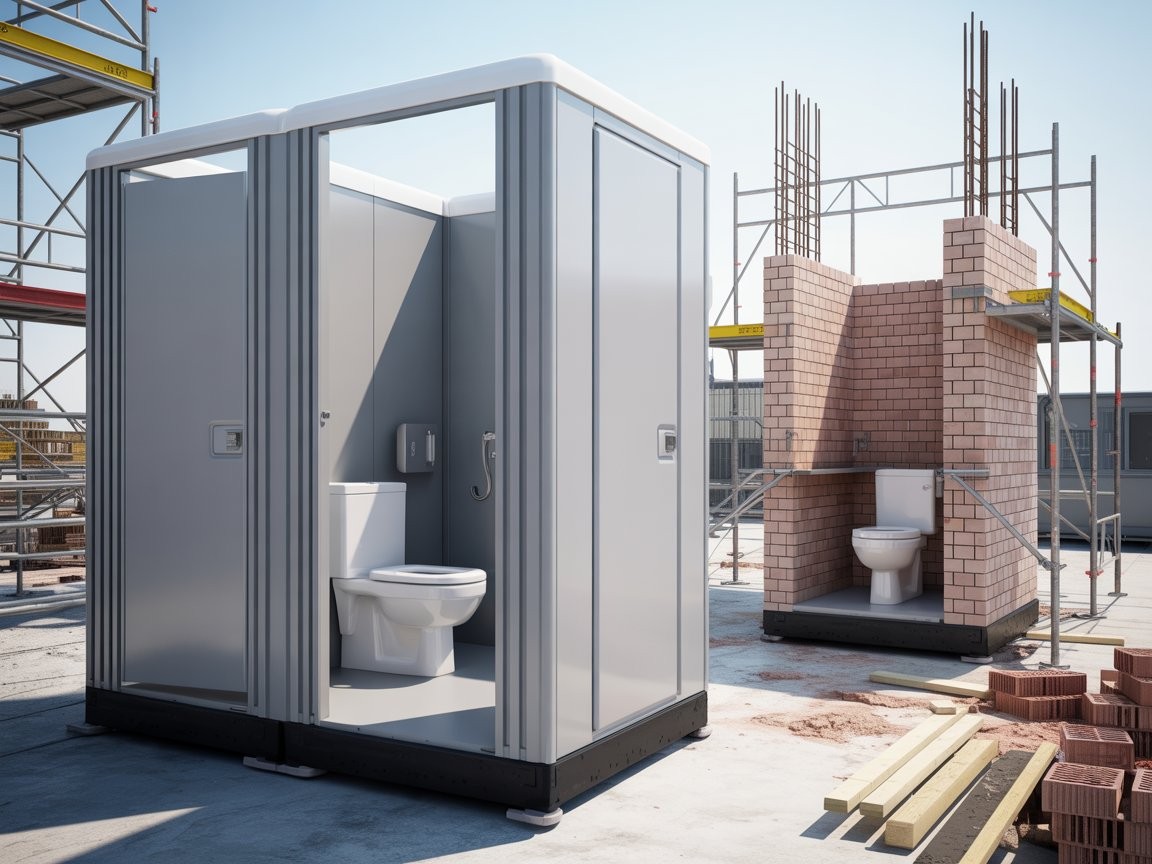
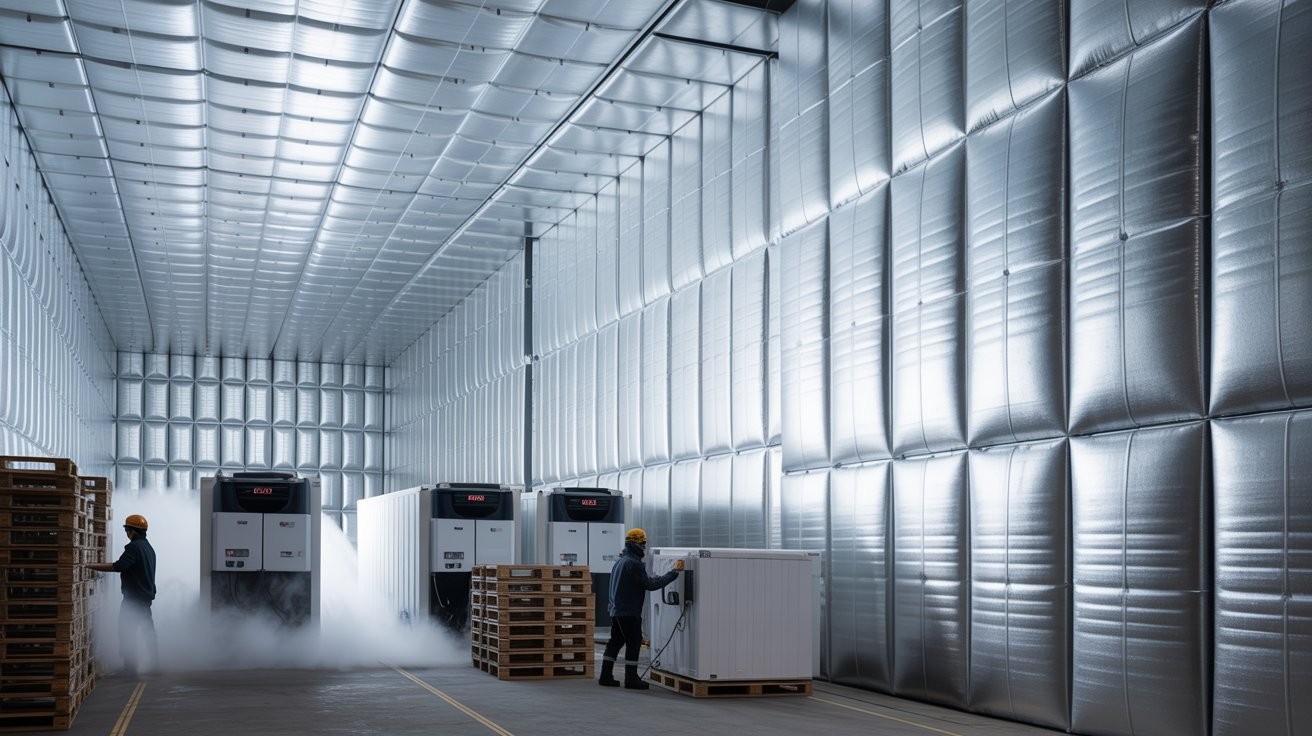
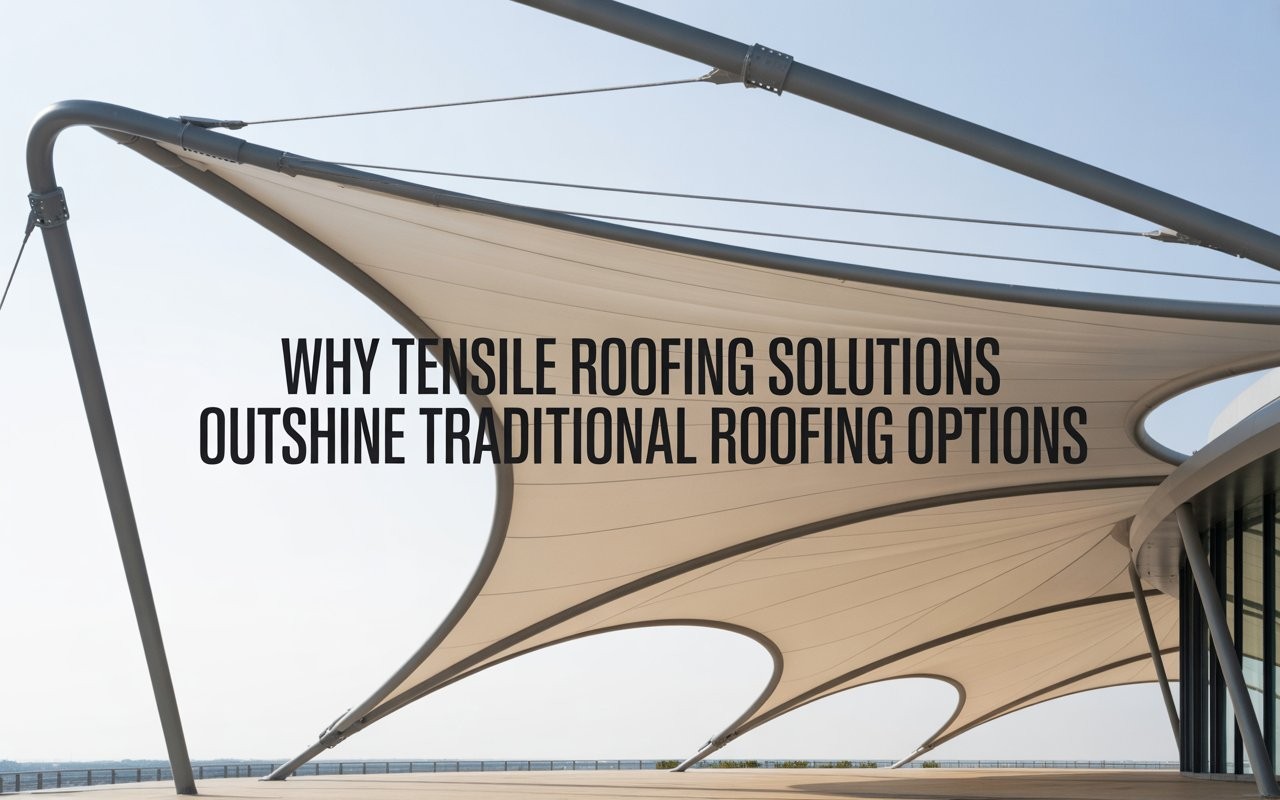
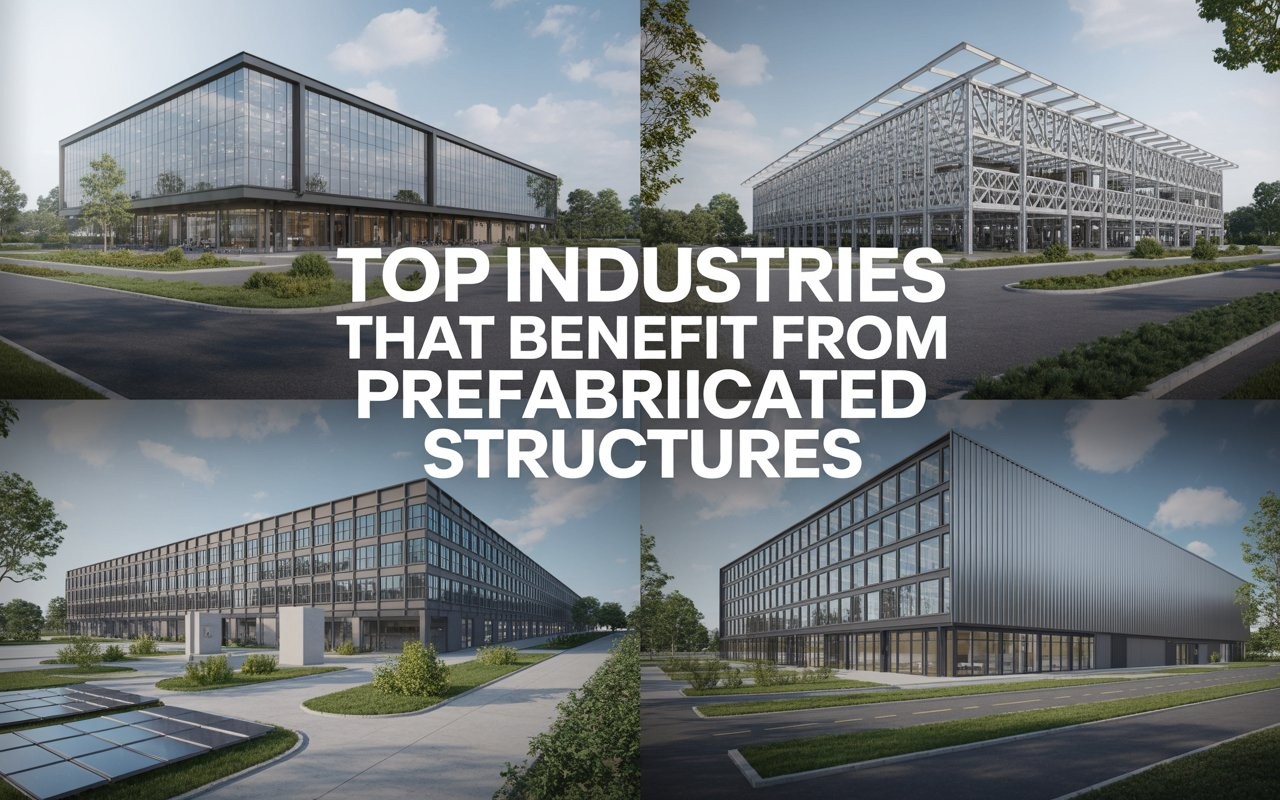
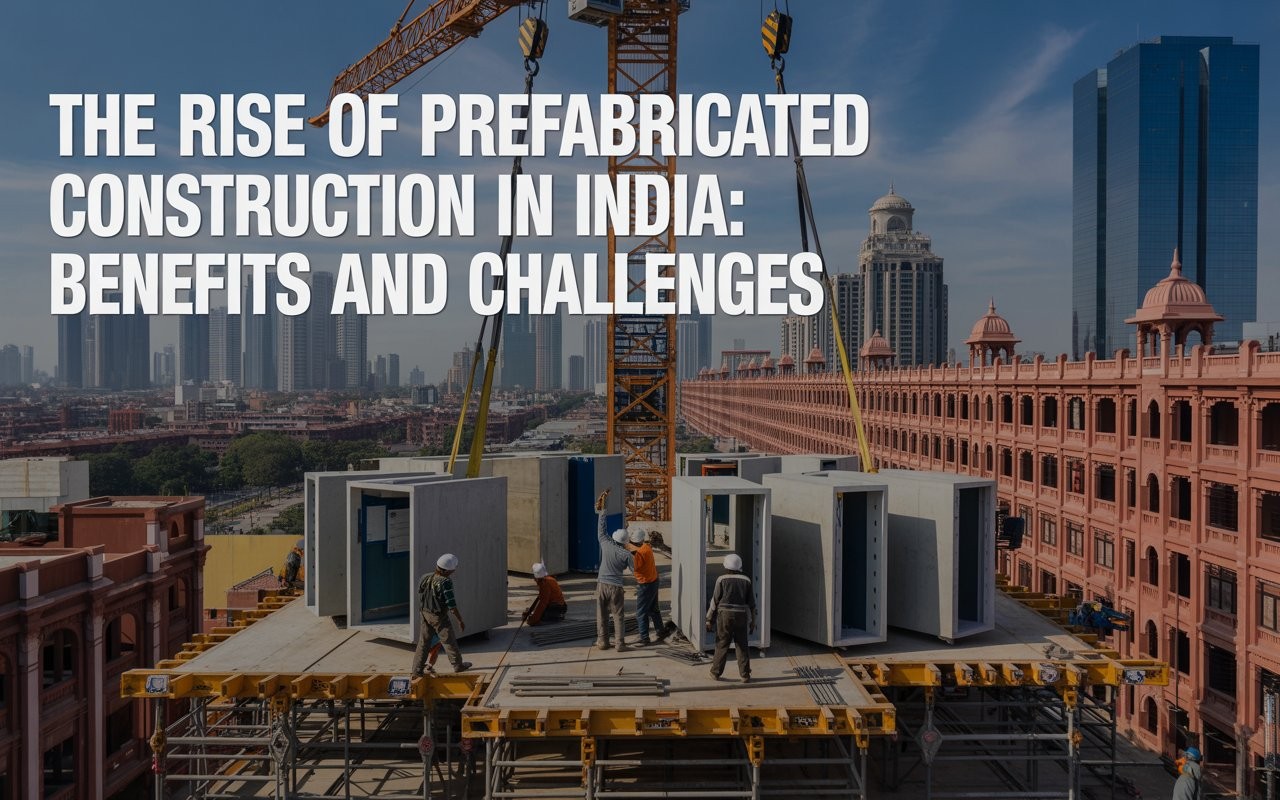
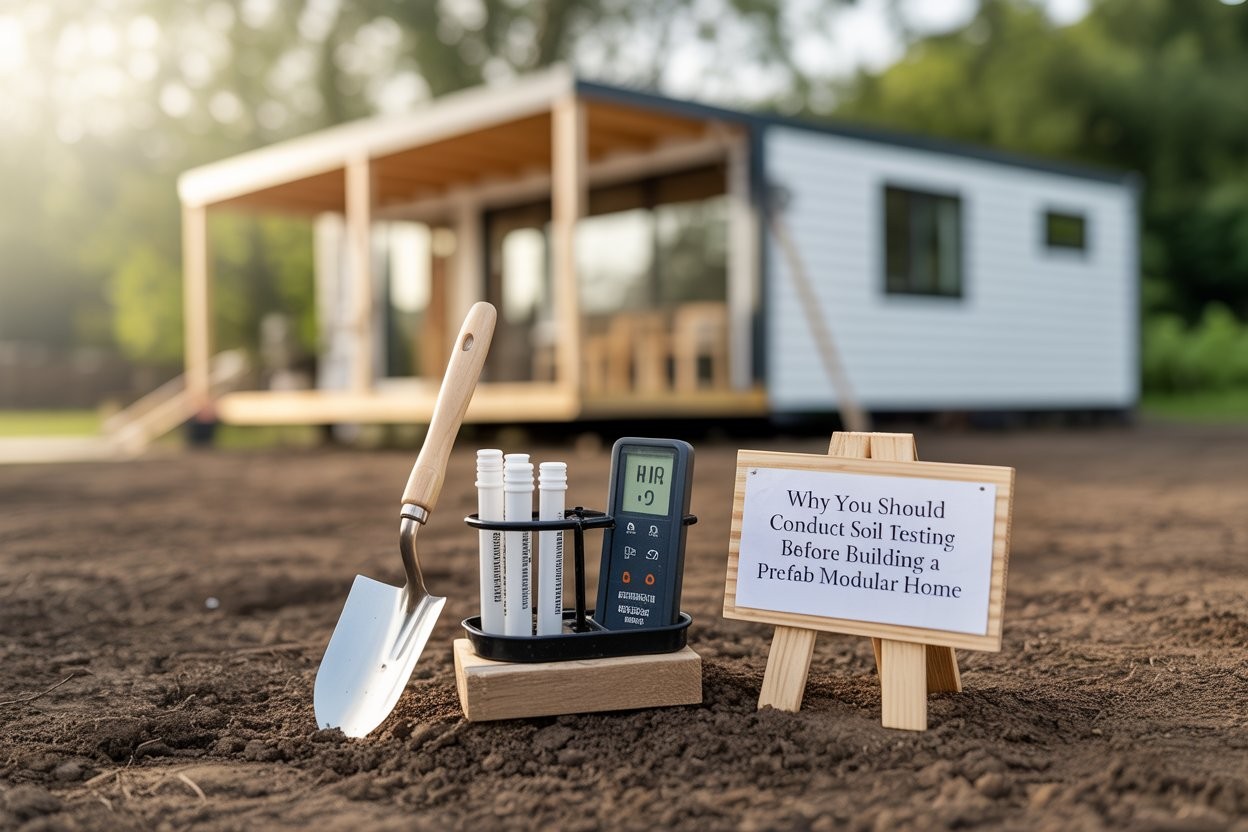
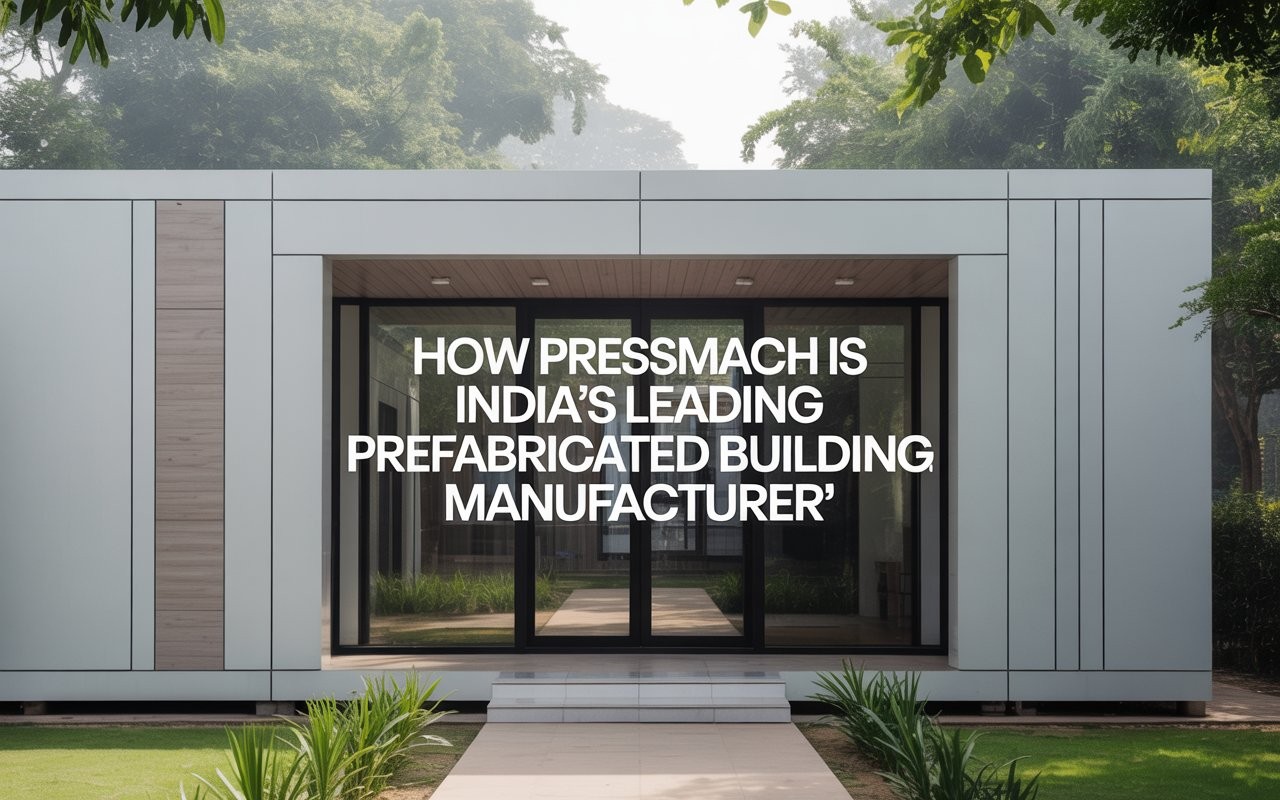
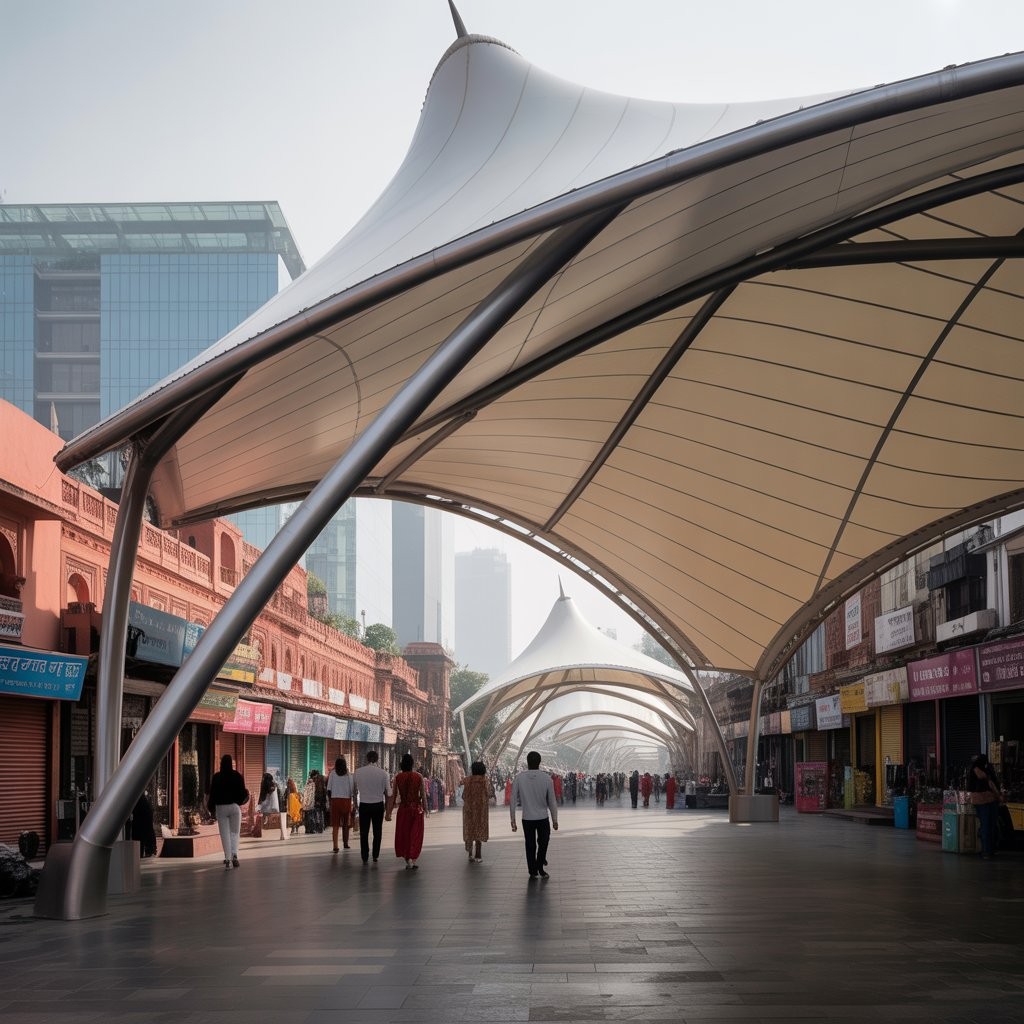

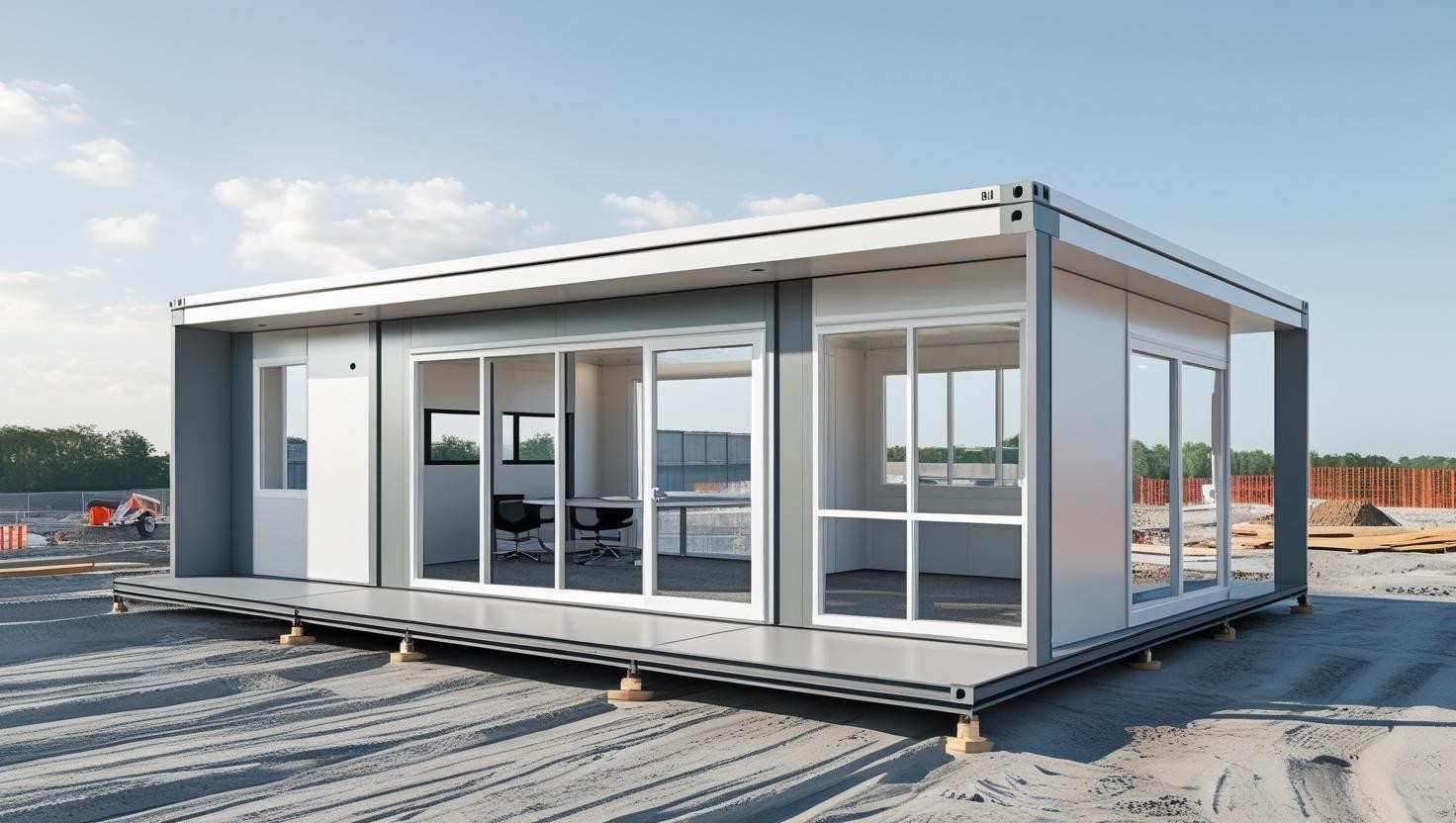
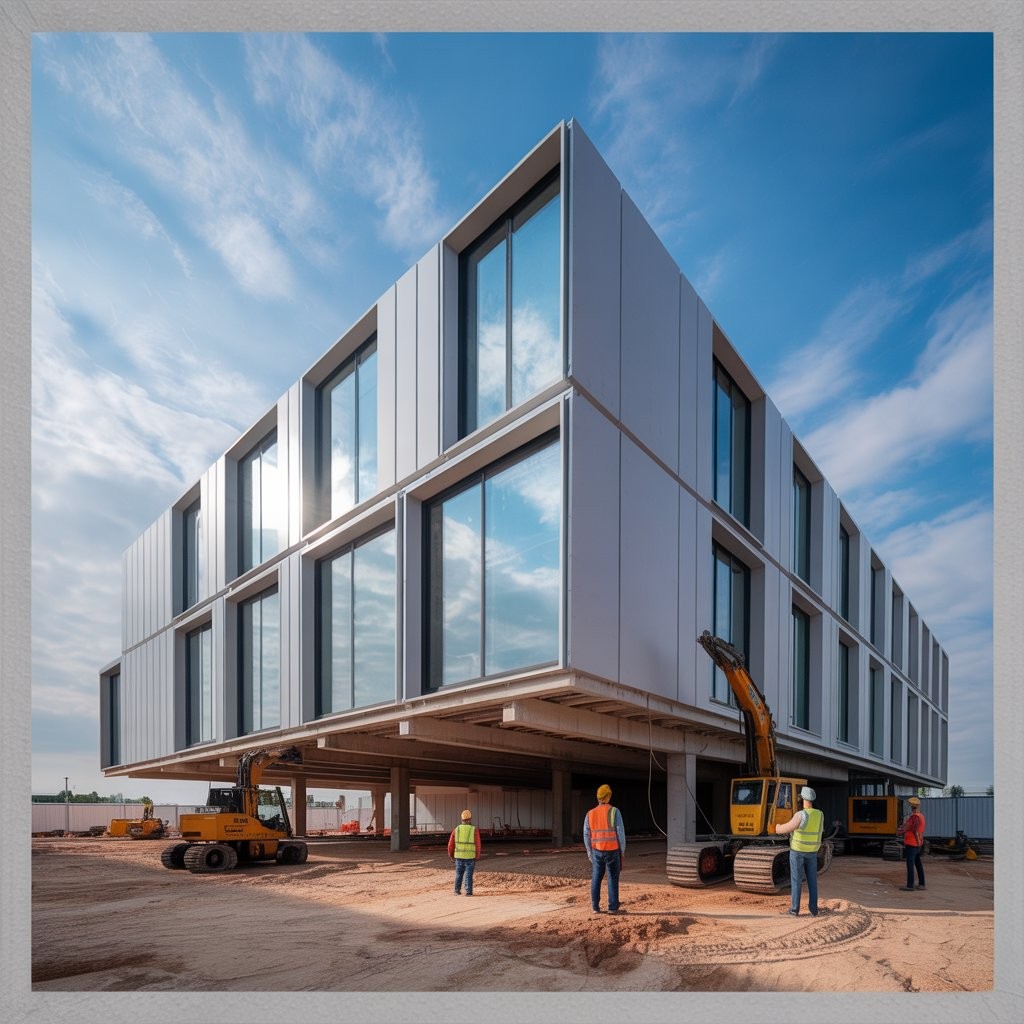










6790c3d8f29a2.jpeg)
























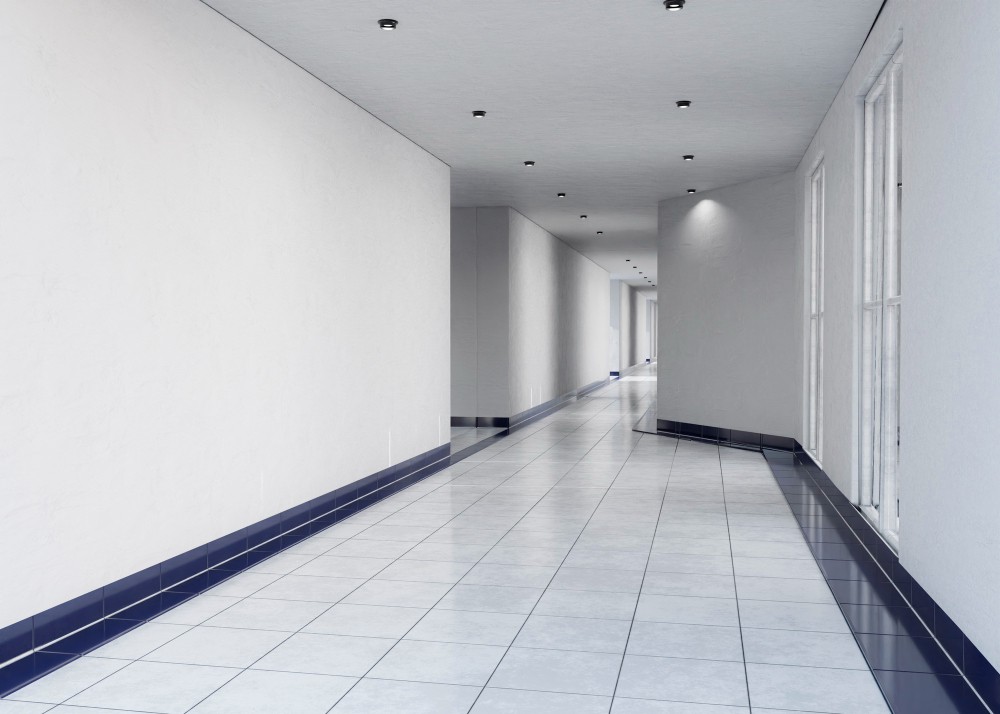
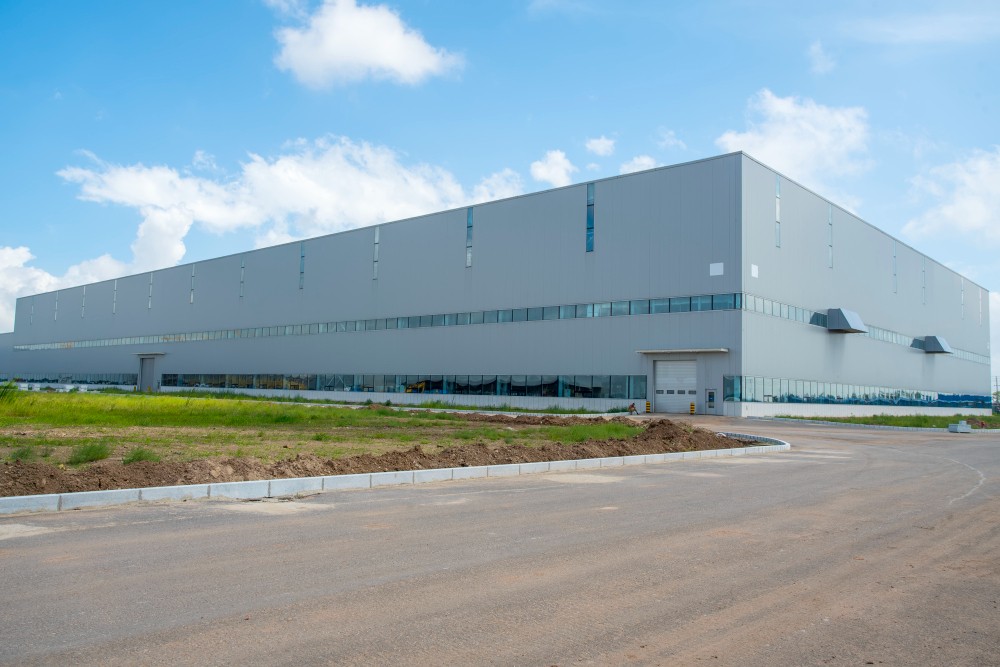

65cf4d38697f9.webp)

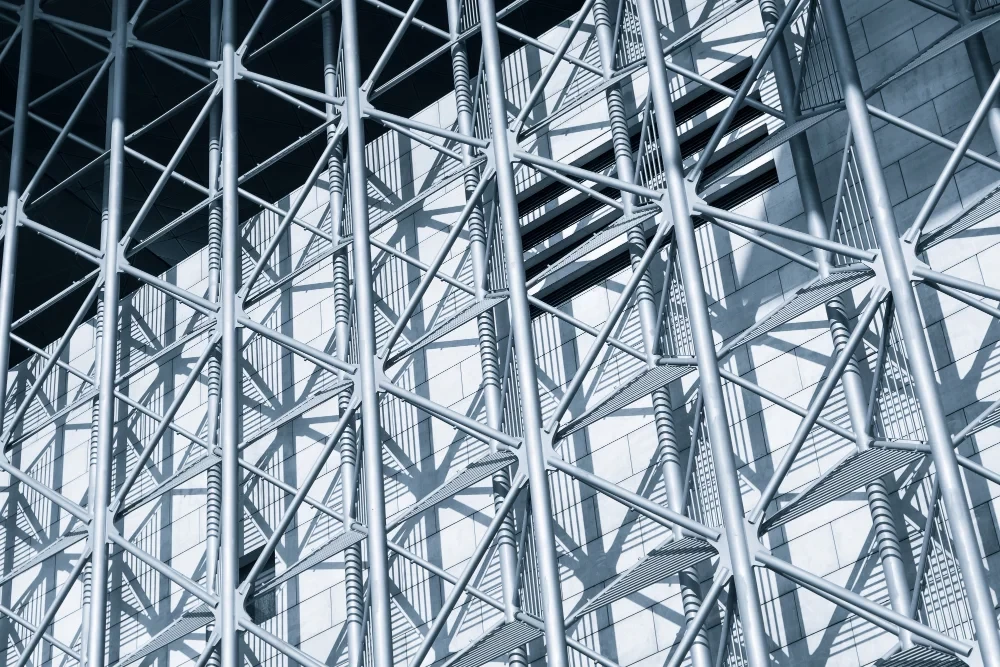
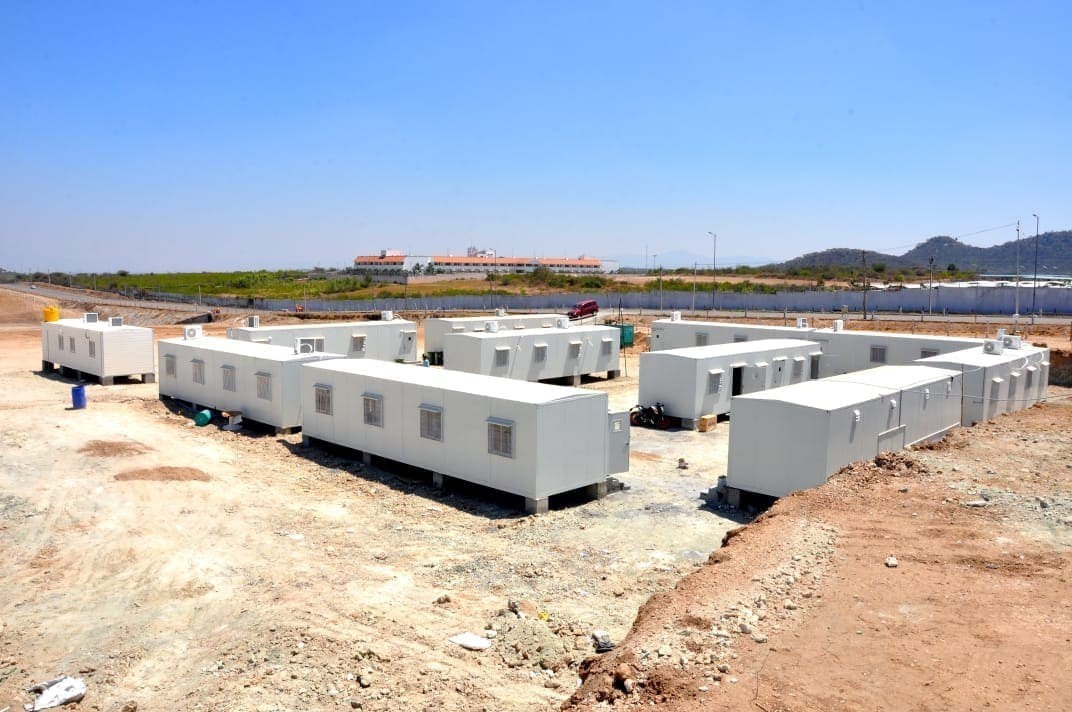
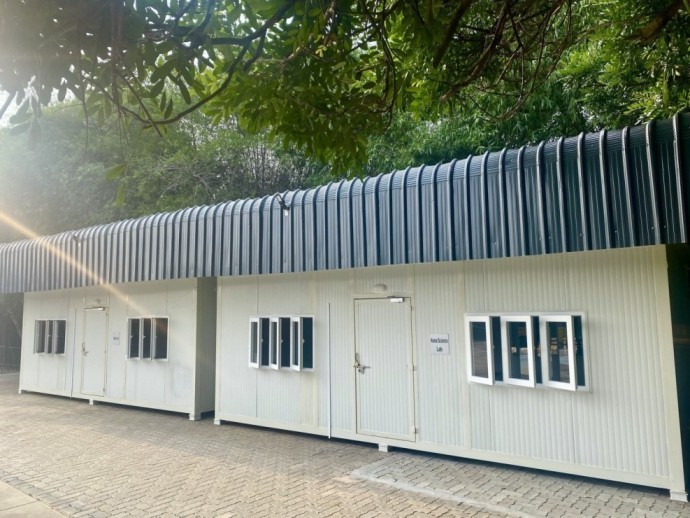


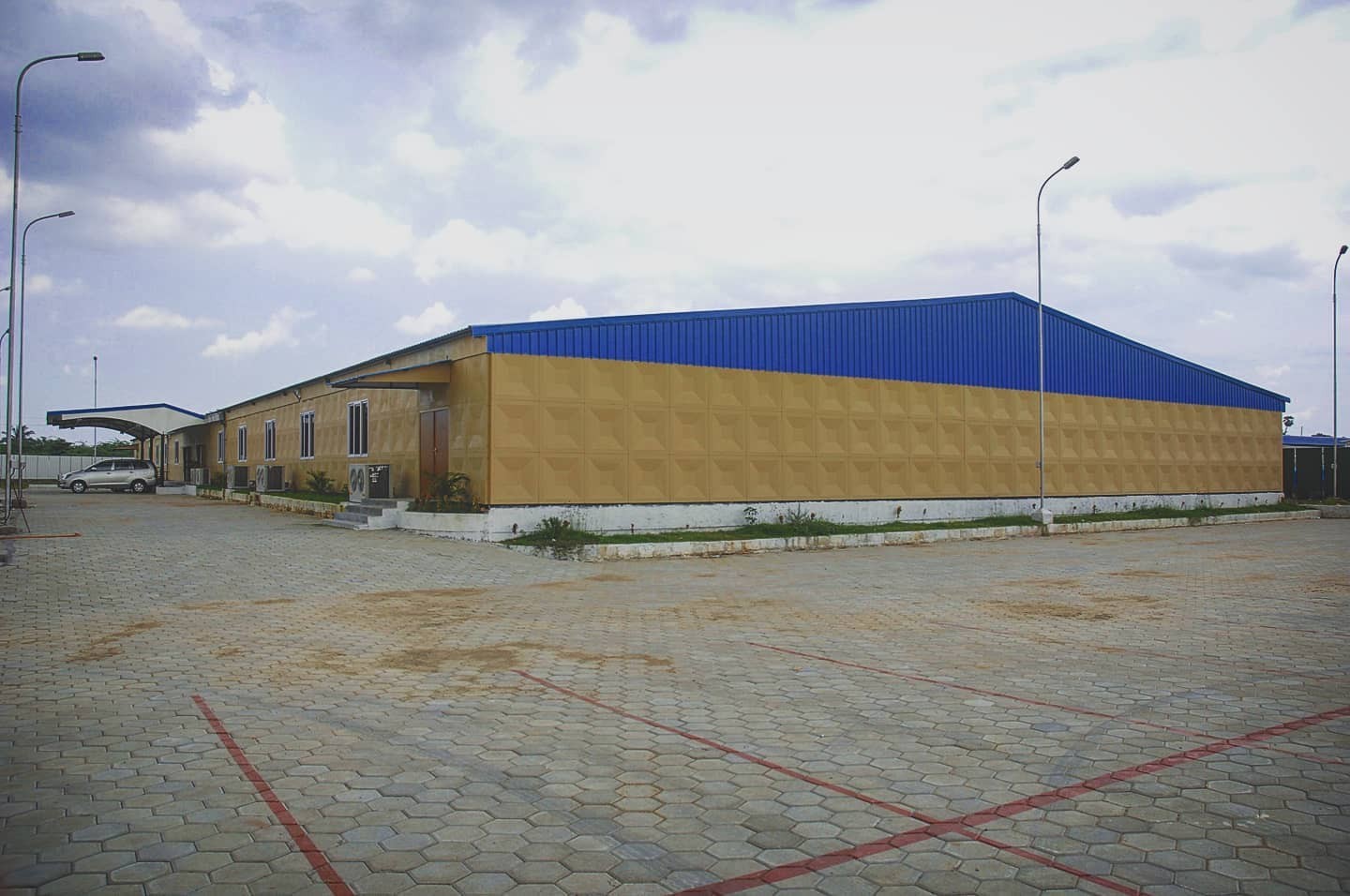
65cf65f046eed.webp)
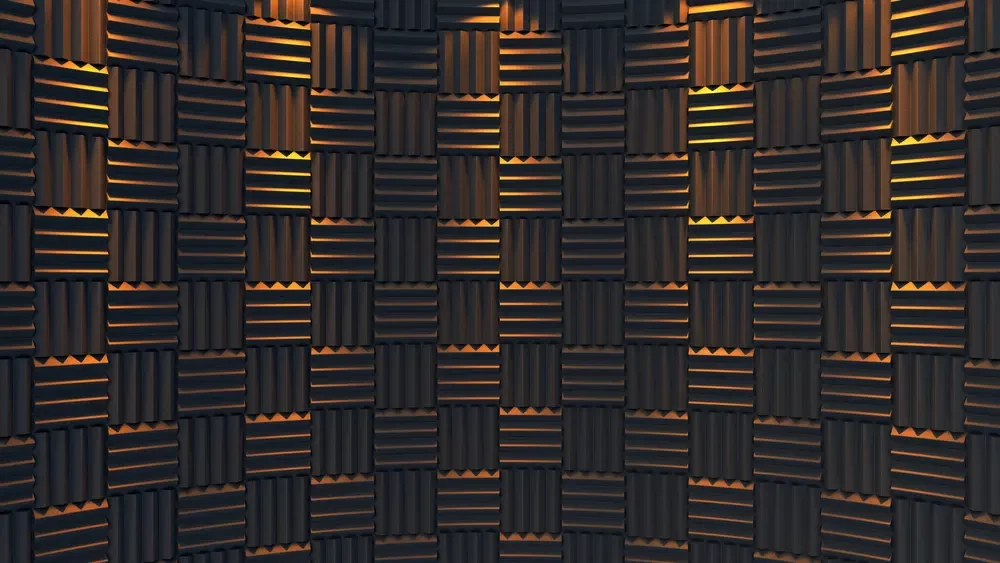
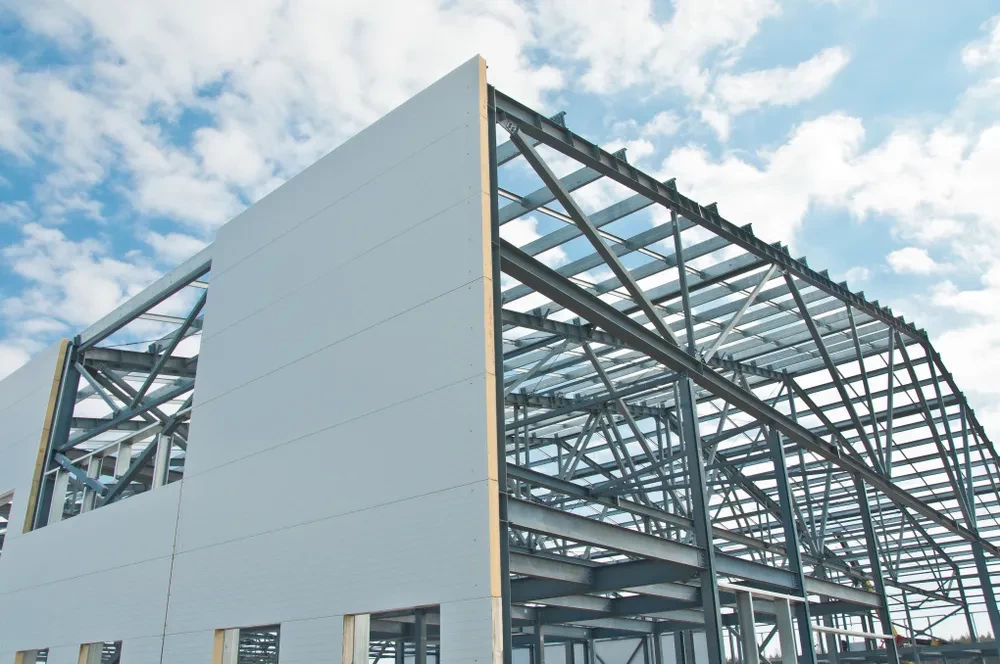
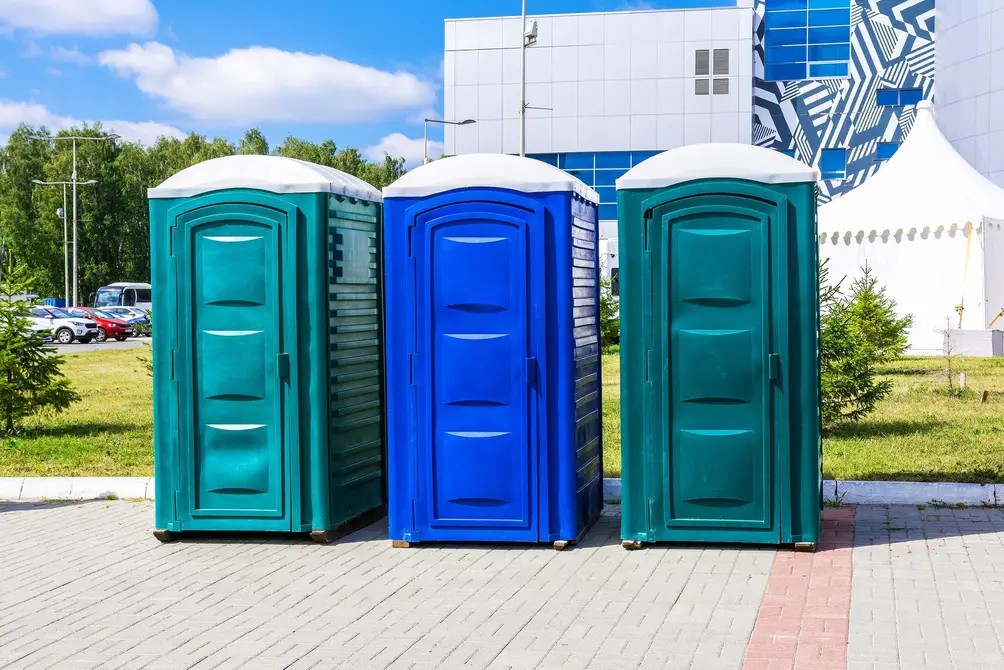
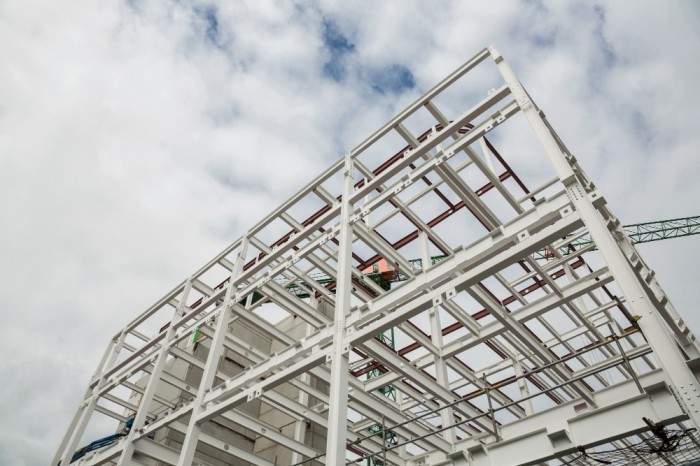
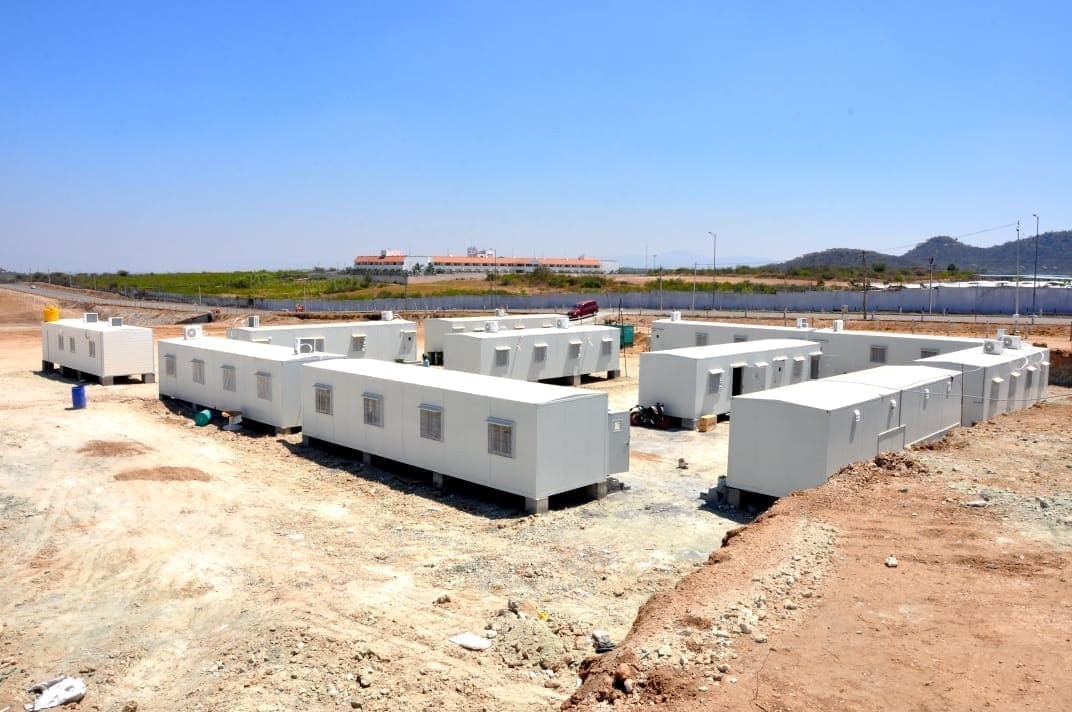
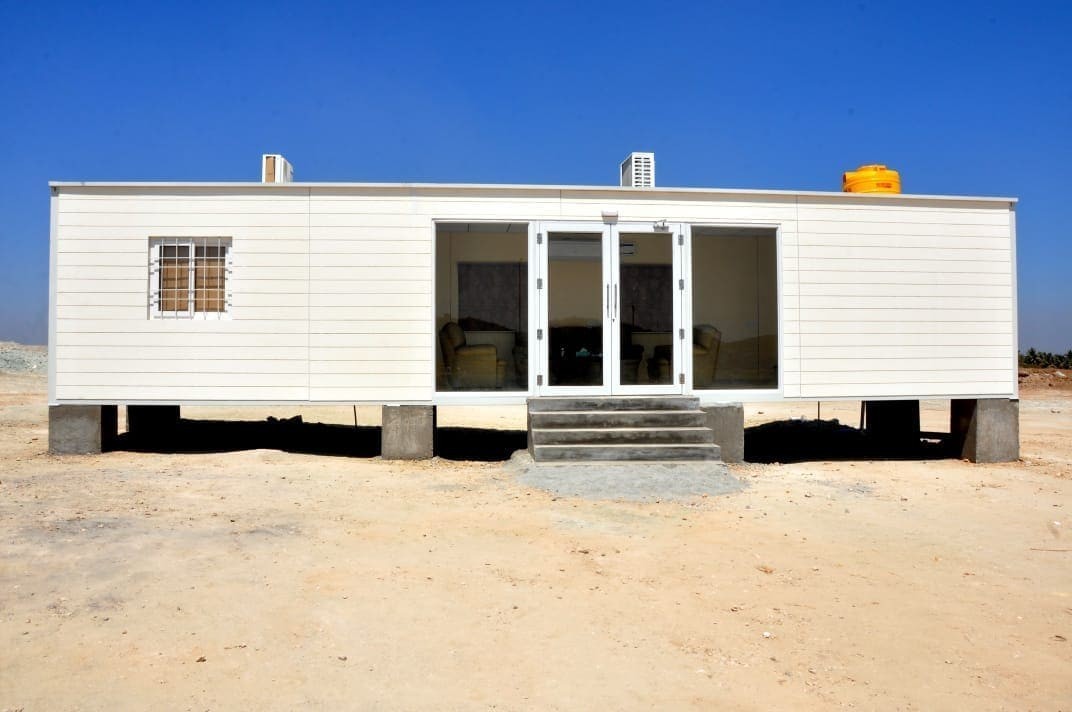
64afe3444467b.jpeg)
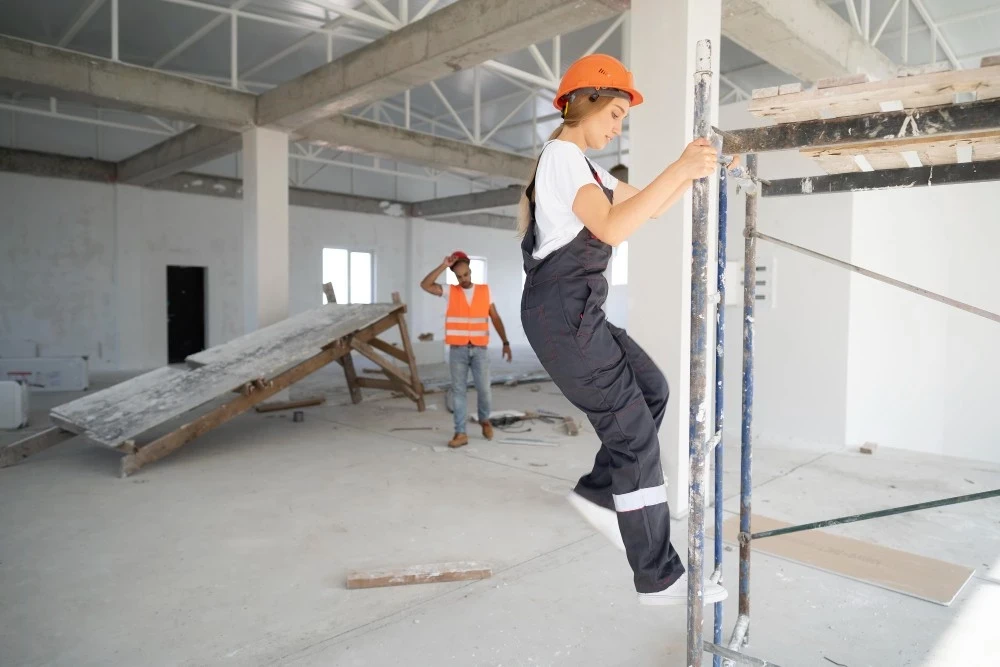
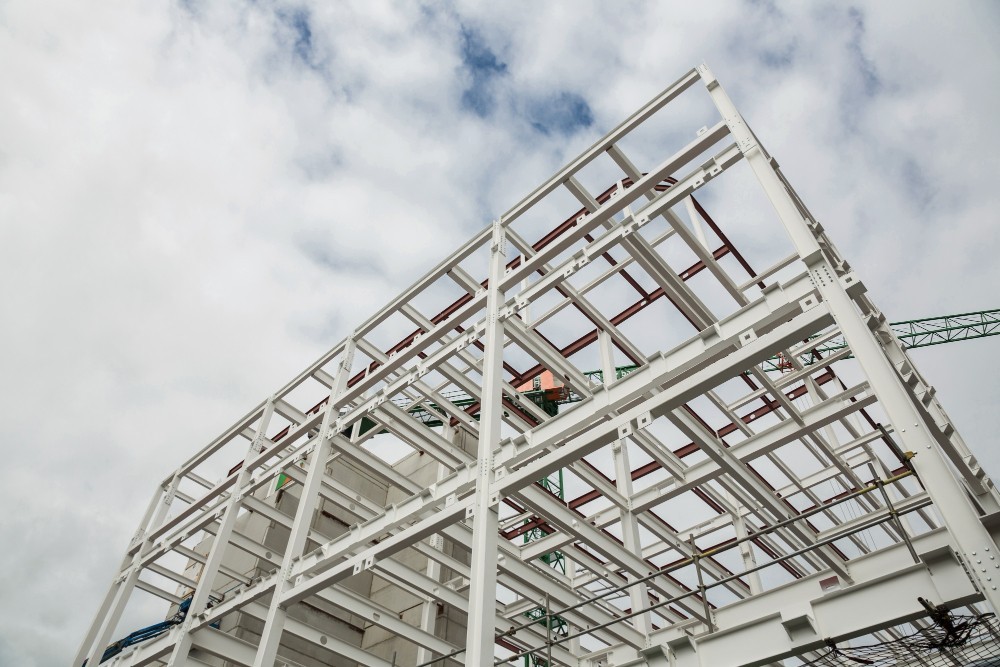
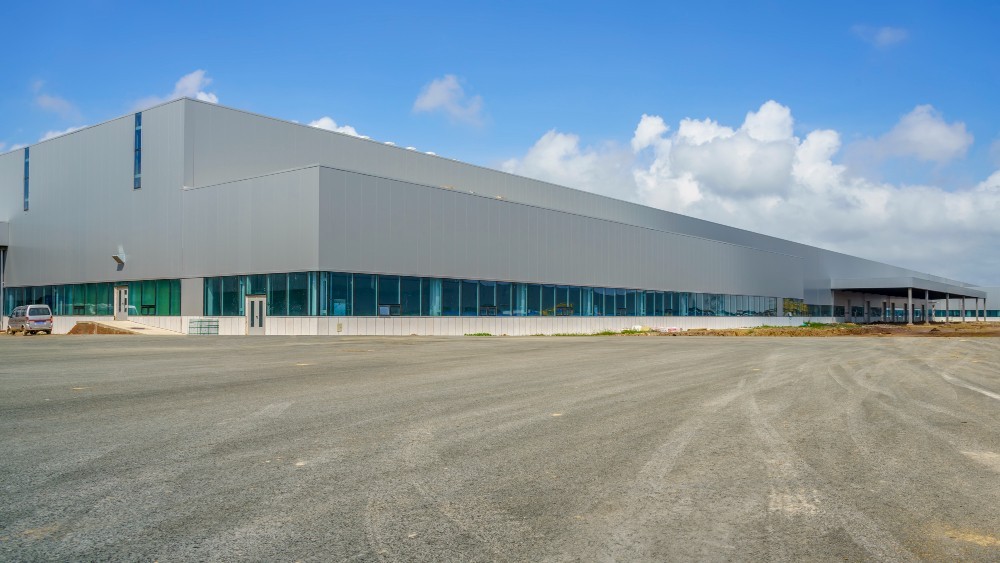
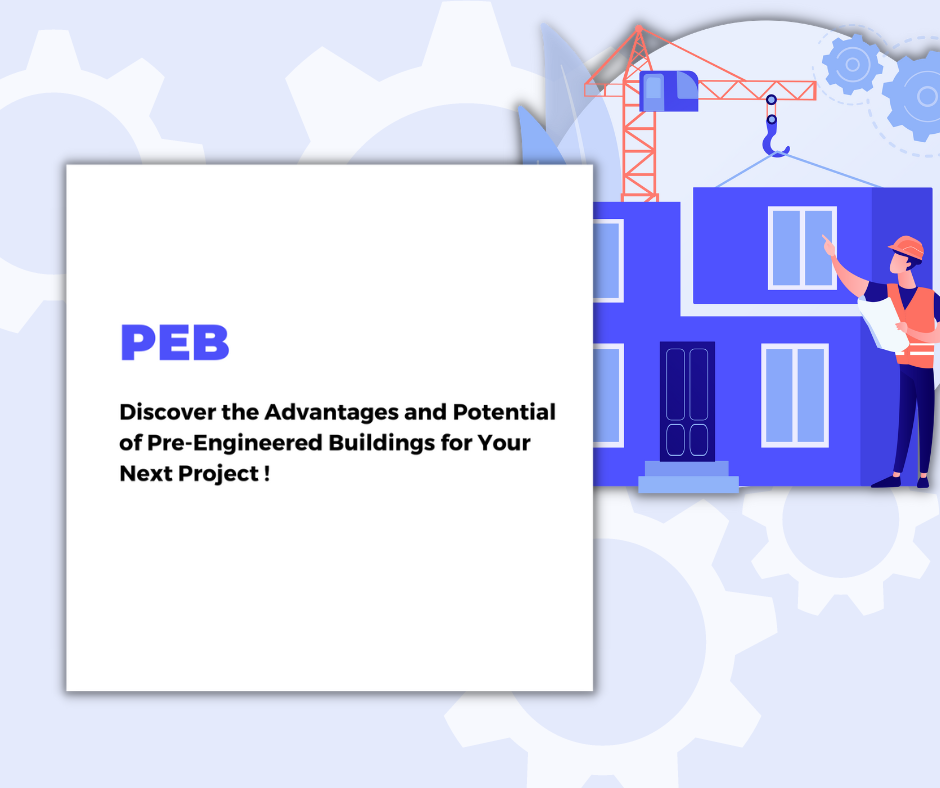
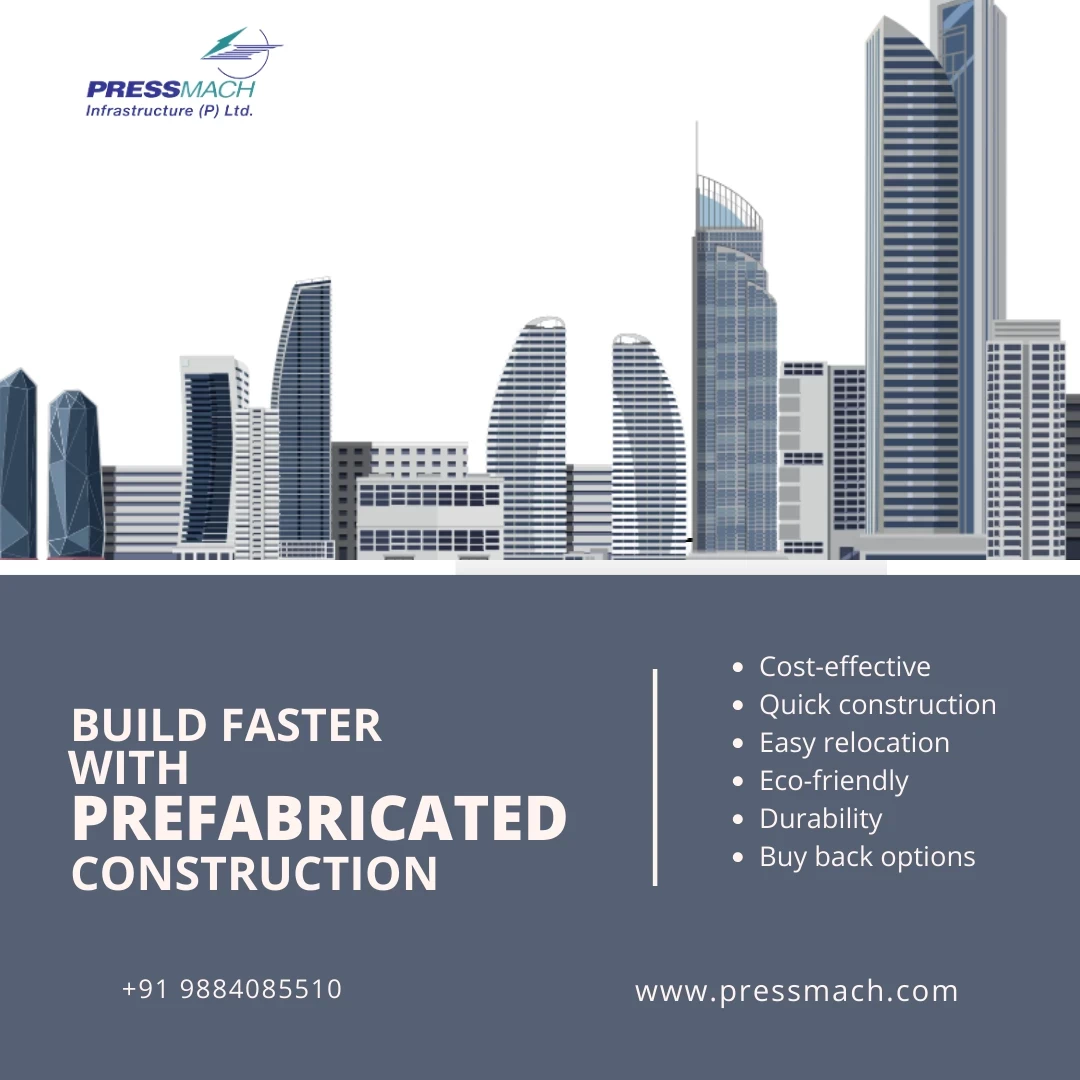
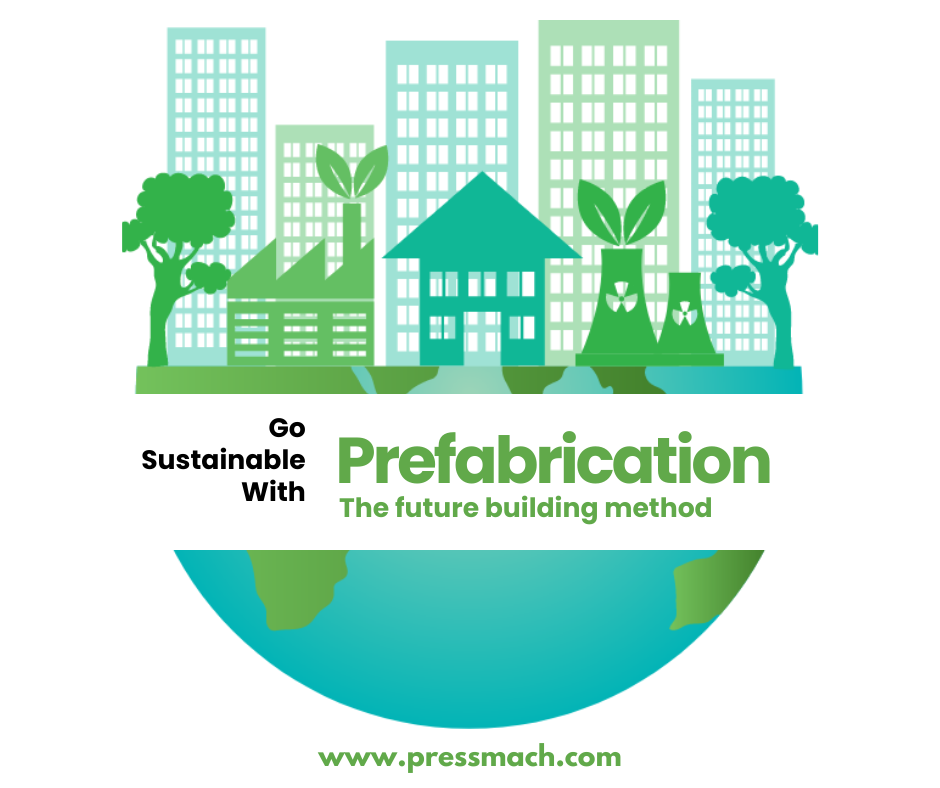
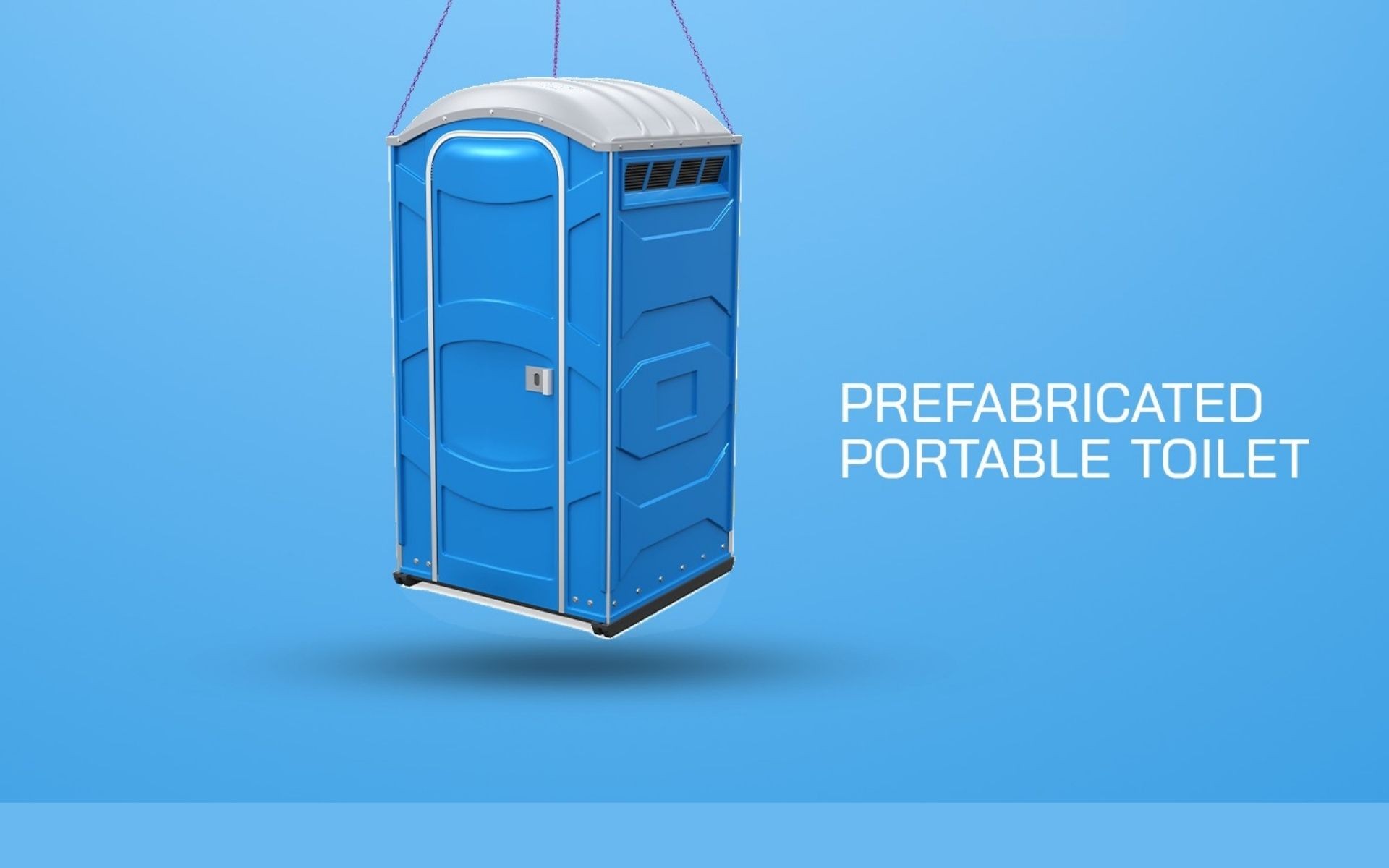

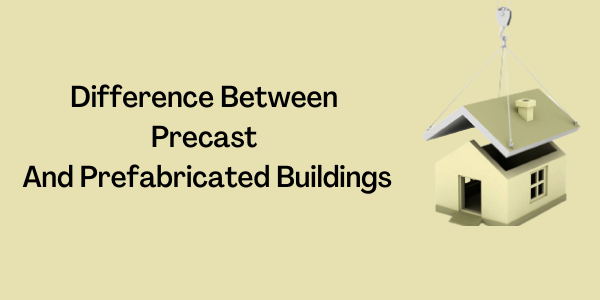


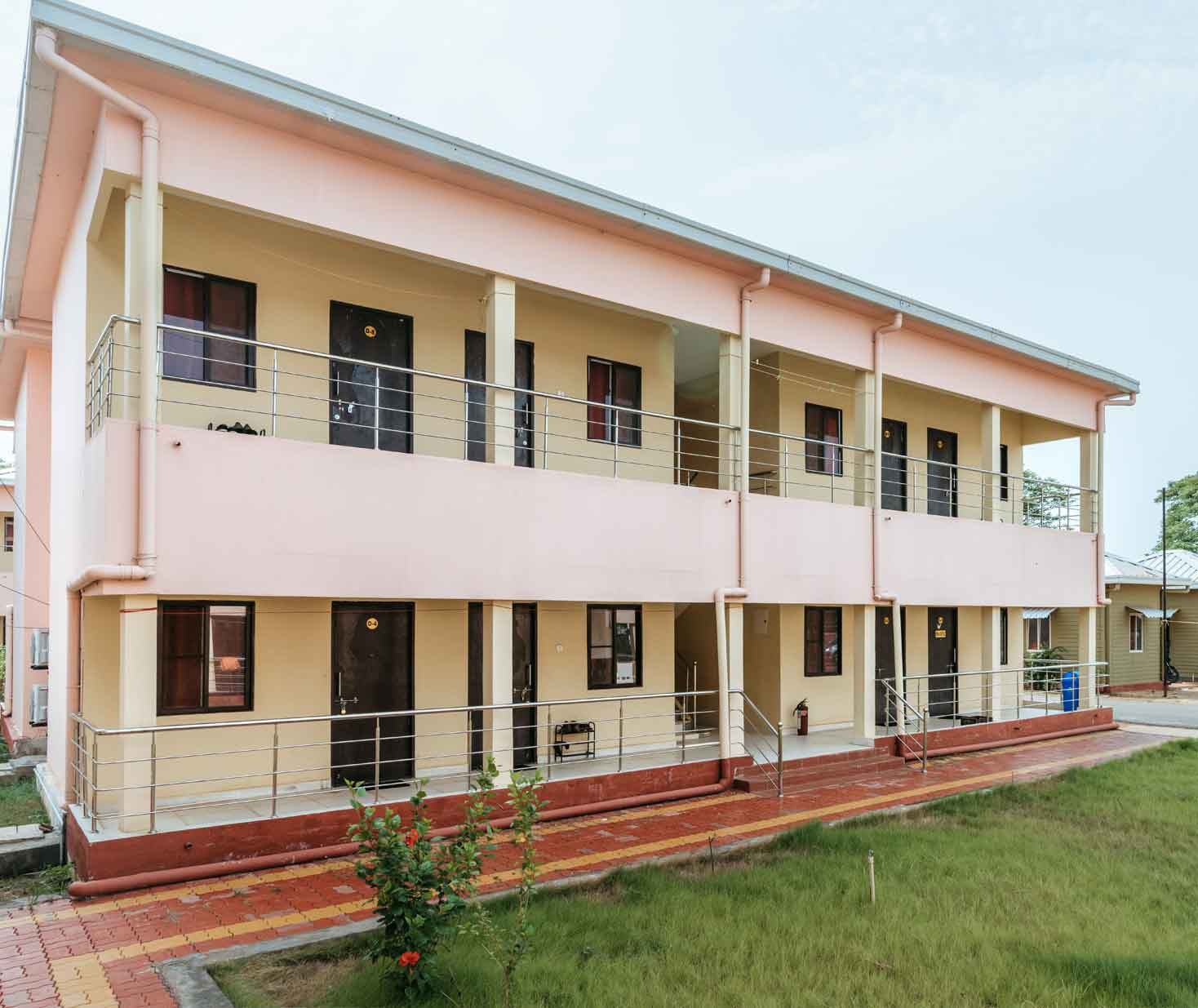
 site office front view622f00119ba65.jpg)

6349487807893.jpeg)